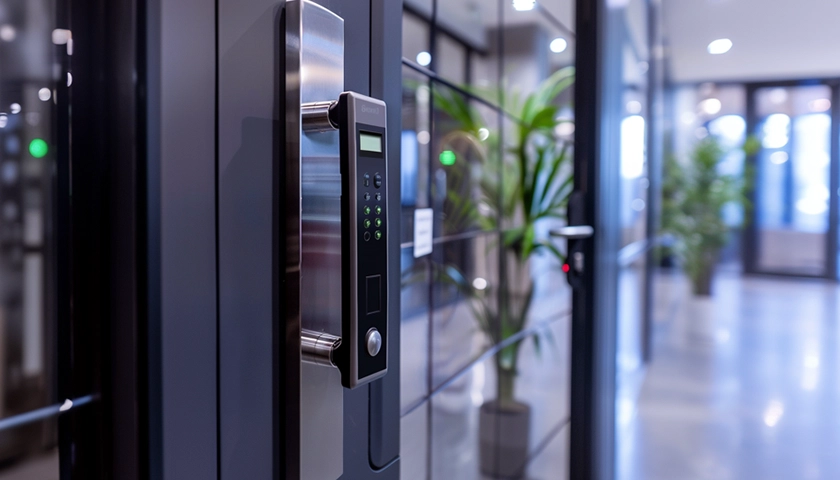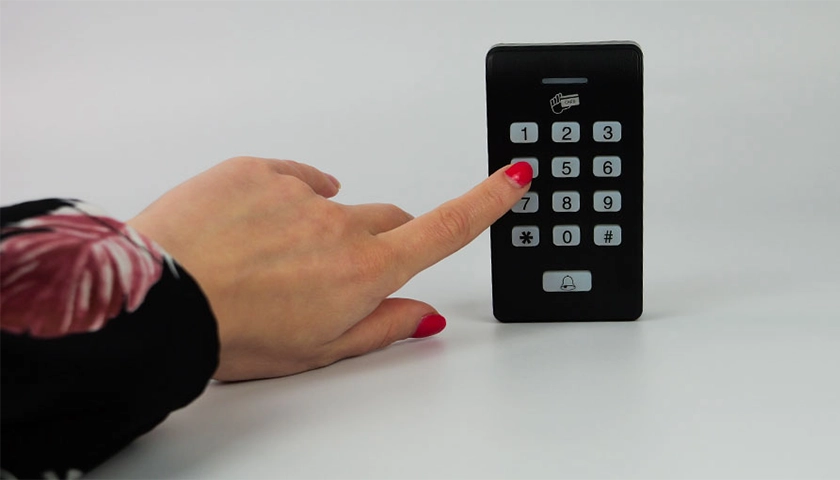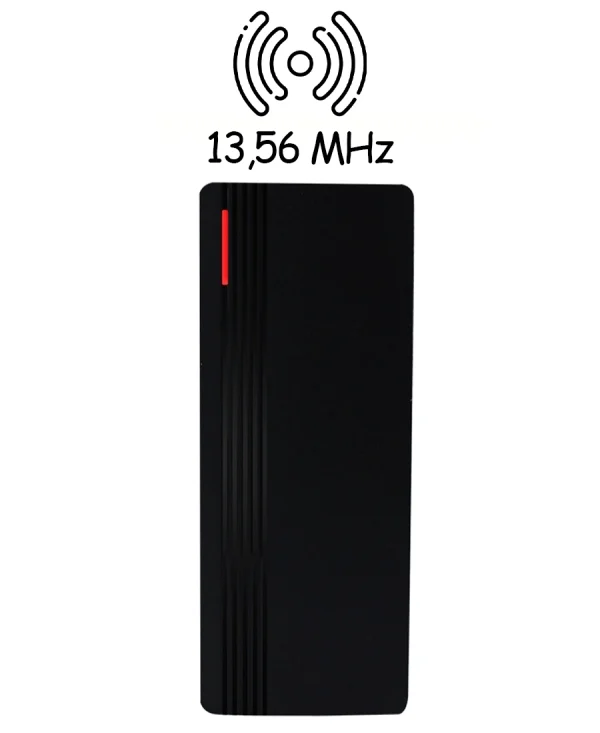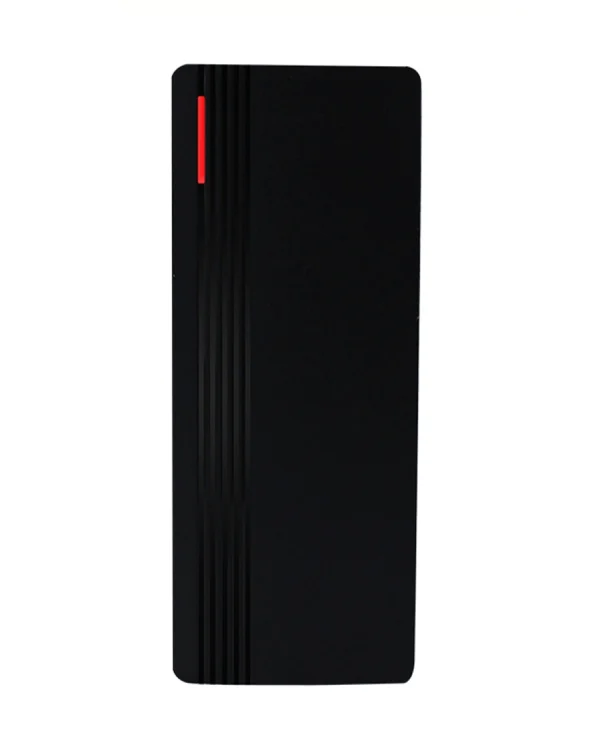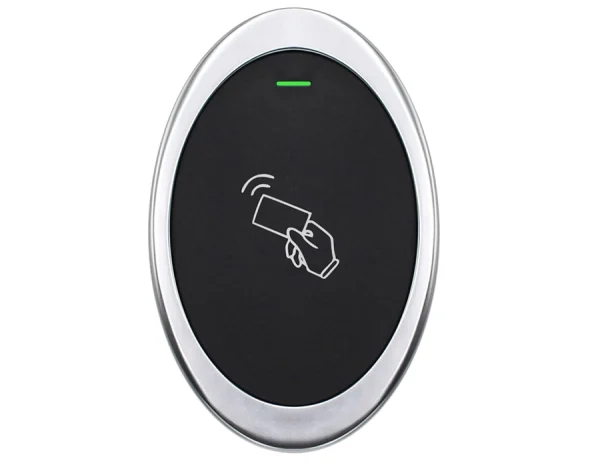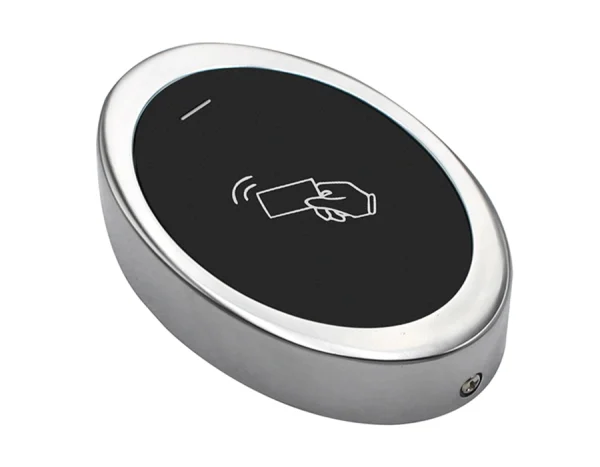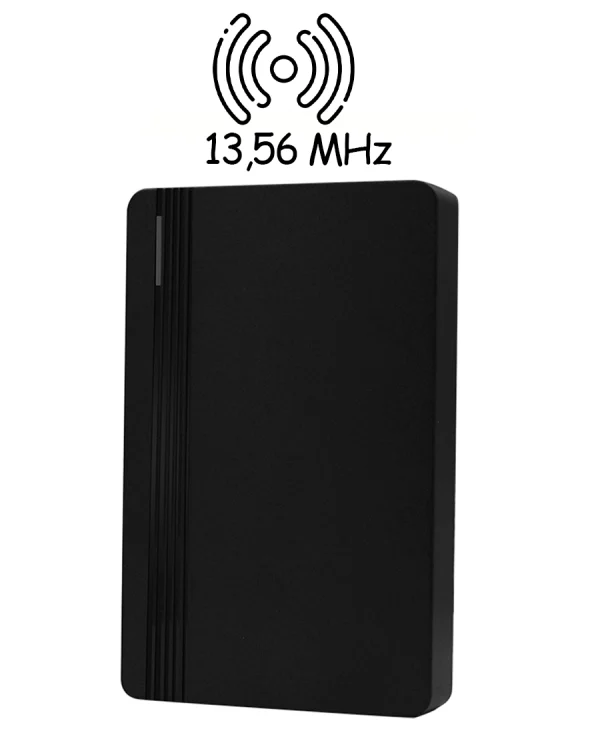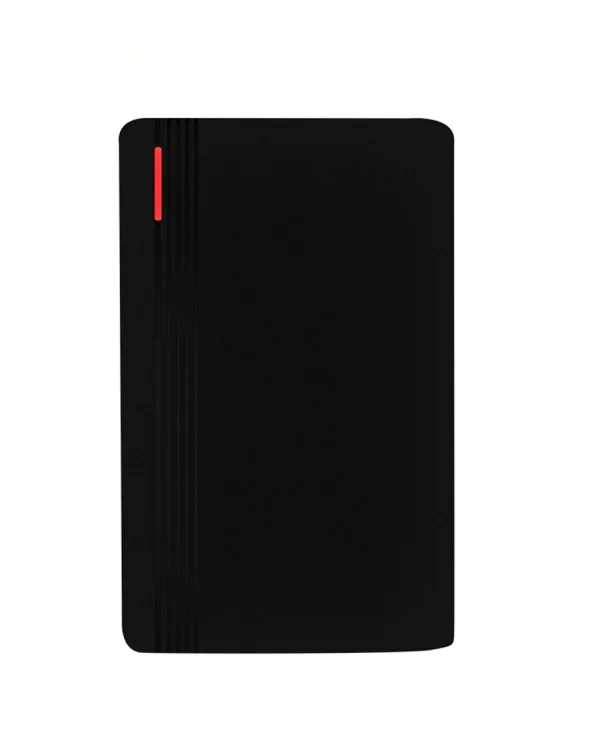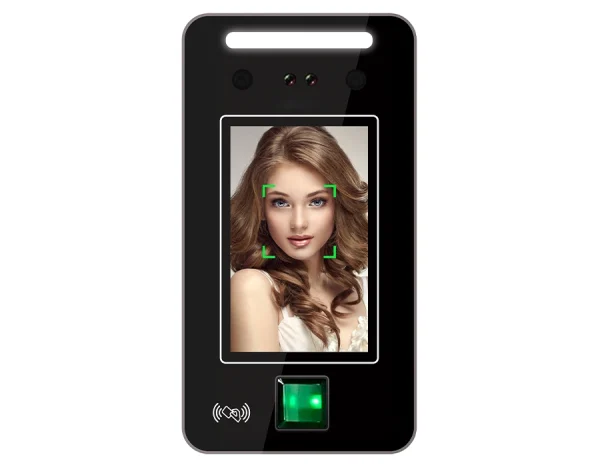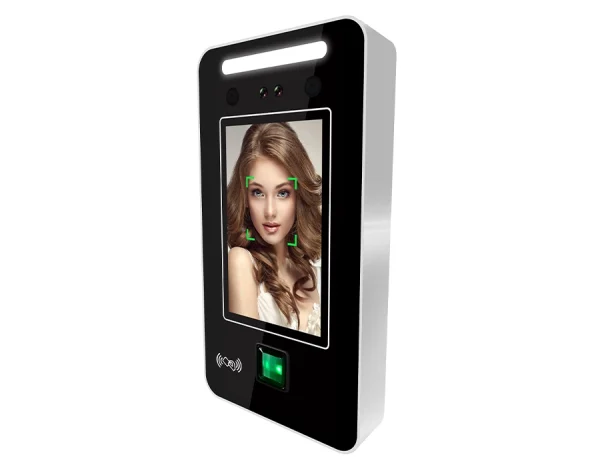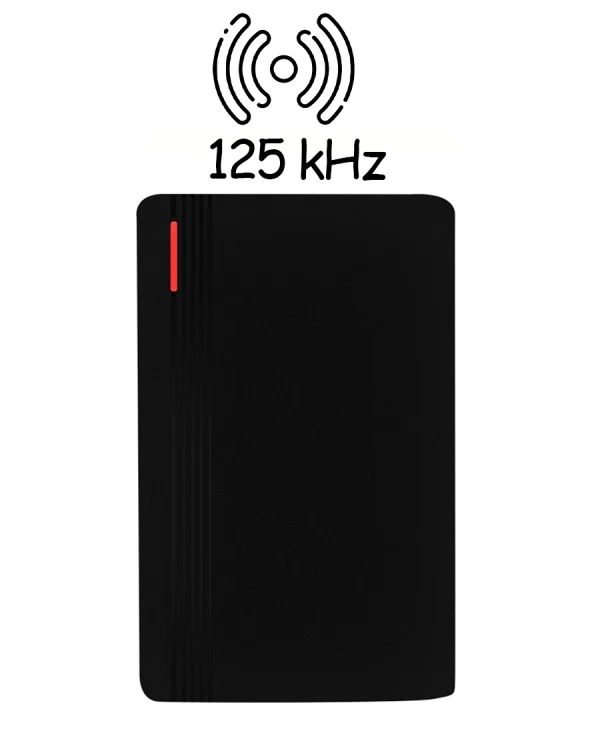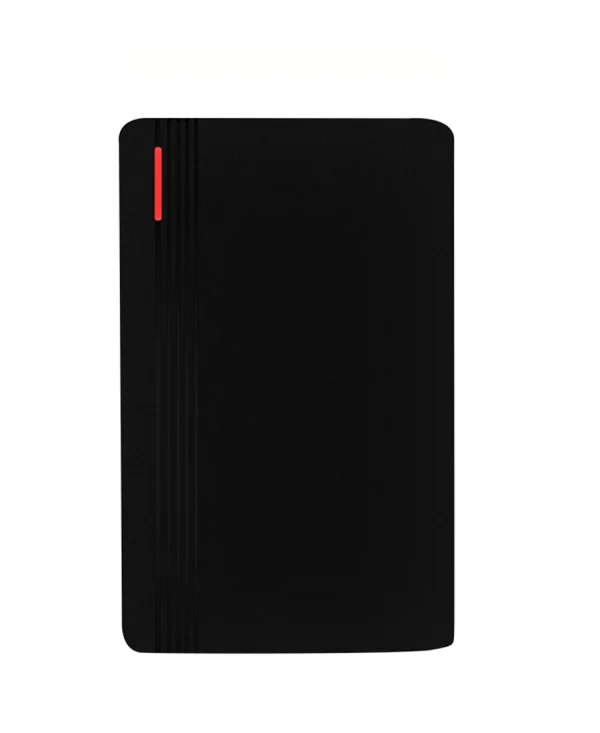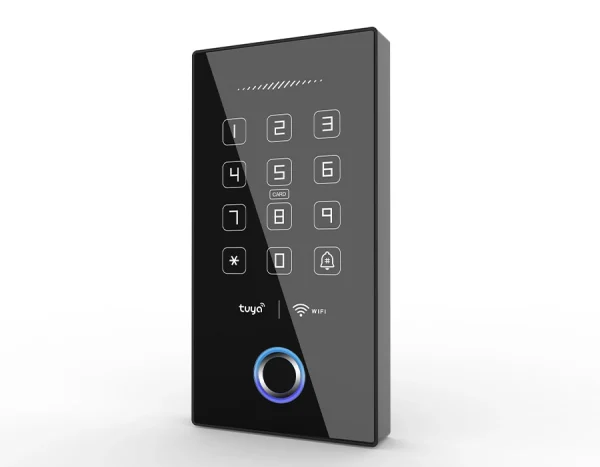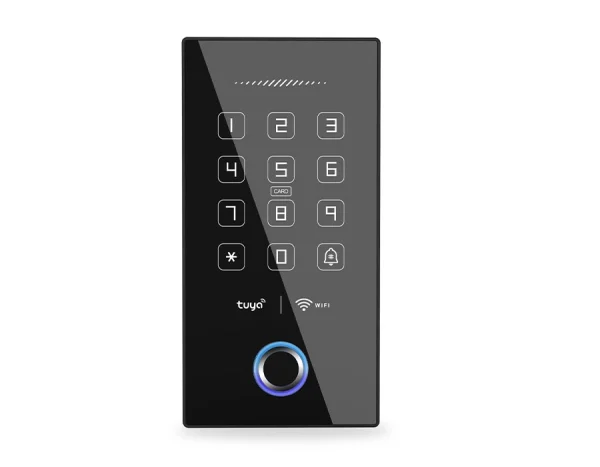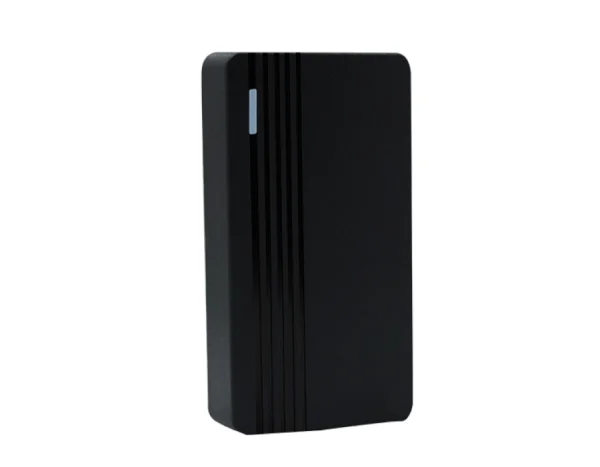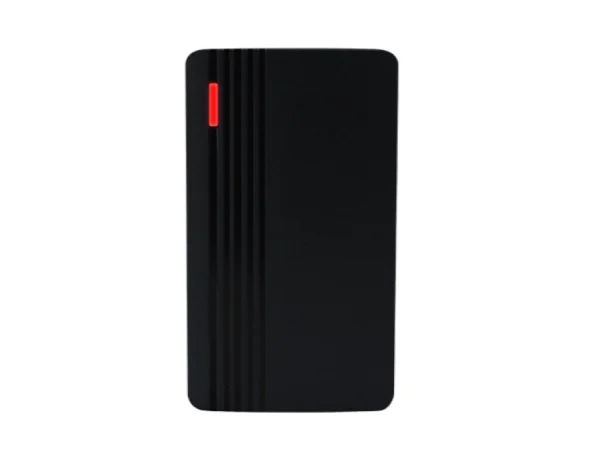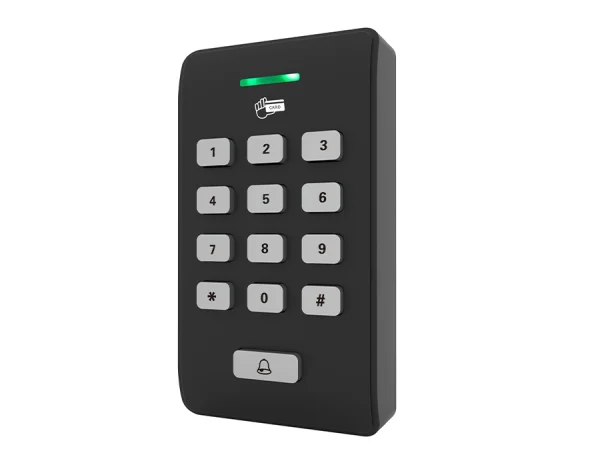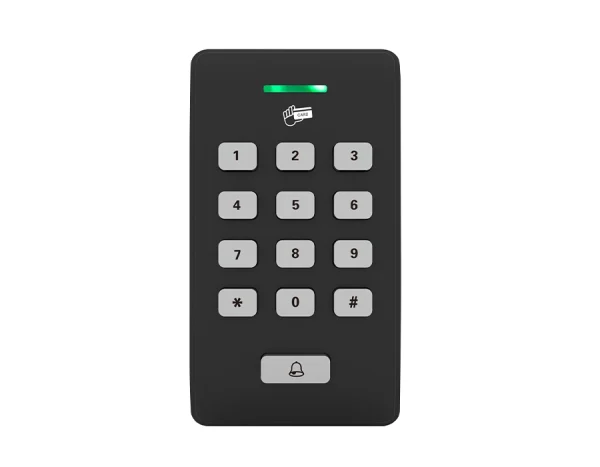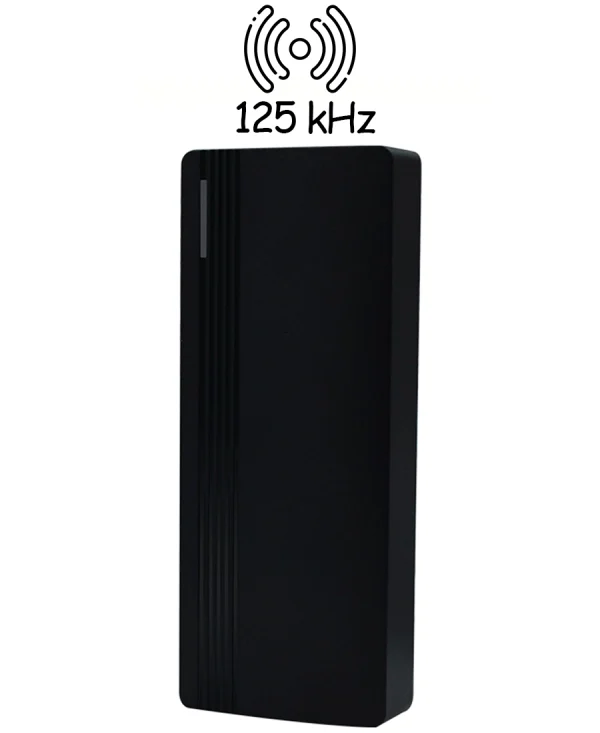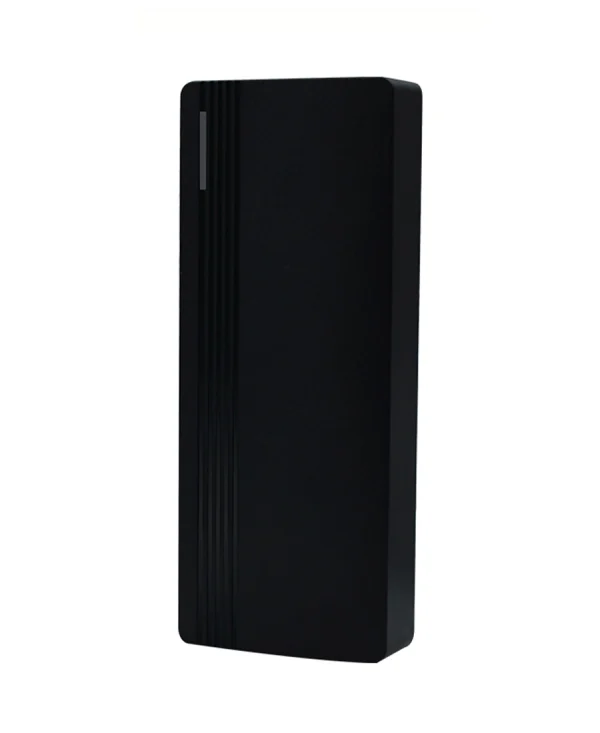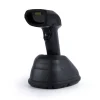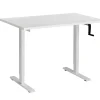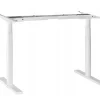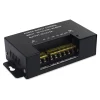- Home
- Access control systems
- Access control readers
Access control readers
=LONG=
Access Control Readers - Advanced Access Management and Control for Buildings and Rooms
Access control readers are devices used for identifying individuals and managing their access to various areas of buildings and rooms. They are a key component of access control systems, which provide security by restricting access to specific zones only for authorized users. Their operation involves verifying access permissions based on various identification methods.
Access control readers, when combined with electronic or electromagnetic locks, become an advanced system ensuring security and providing control over access to buildings and rooms.
What are the types of access control readers?
Access control readers are advanced devices providing protection and security against unauthorized entry through specified authentication methods. Due to the verification methods allowing access to buildings and rooms, we distinguish:
- RFID card readers: To open doors, the user presents an RFID card to a designated area on the reader, and upon successful reading of the card information, access is granted.
- Keypad readers: Readers equipped with a numeric keypad allow assigning each user an individual PIN. Access to the building is granted after entering the unique PIN correctly using the keypad.
- Biometric readers: These devices allow entry into a building or room using biometric methods such as fingerprint or facial recognition. After storing the user's fingerprint or facial scan in the device's memory, the device grants access upon successful recognition. This form of verification provides the highest security due to the uniqueness of biometric methods and is used wherever high security is necessary, such as financial institutions, government agencies, laboratories, etc.
- Remote control readers: Some reader models are equipped with Bluetooth technology and work with dedicated applications for smart devices. After installing the dedicated application (e.g., TUYA smart) on a smartphone, we gain the ability to remotely manage access and configure the access control reader from our phone.
- Integrated readers: Integrated readers are devices that offer more than one authentication method. Depending on the model, they may have two, three, or all of the authentication methods mentioned above.
=LONG=
Access Control Readers - Advanced Access Management and Control for Buildings and Rooms
Access control readers are devices used for identifying individuals and managing their access to various areas of buildings and rooms. They are a key component of access control systems, which provide security by restricting access to specific zones only for authorized users. Their operation involves verifying access permissions based on various identification methods.
Access control readers, when combined with electronic or electromagnetic locks, become an advanced system ensuring security and providing control over access to buildings and rooms.
What are the types of access control readers?
Access control readers are advanced devices providing protection and security against unauthorized entry through specified authentication methods. Due to the verification methods allowing access to buildings and rooms, we distinguish:
- RFID card readers: To open doors, the user presents an RFID card to a designated area on the reader, and upon successful reading of the card information, access is granted.
- Keypad readers: Readers equipped with a numeric keypad allow assigning each user an individual PIN. Access to the building is granted after entering the unique PIN correctly using the keypad.
- Biometric readers: These devices allow entry into a building or room using biometric methods such as fingerprint or facial recognition. After storing the user's fingerprint or facial scan in the device's memory, the device grants access upon successful recognition. This form of verification provides the highest security due to the uniqueness of biometric methods and is used wherever high security is necessary, such as financial institutions, government agencies, laboratories, etc.
- Remote control readers: Some reader models are equipped with Bluetooth technology and work with dedicated applications for smart devices. After installing the dedicated application (e.g., TUYA smart) on a smartphone, we gain the ability to remotely manage access and configure the access control reader from our phone.
- Integrated readers: Integrated readers are devices that offer more than one authentication method. Depending on the model, they may have two, three, or all of the authentication methods mentioned above.
